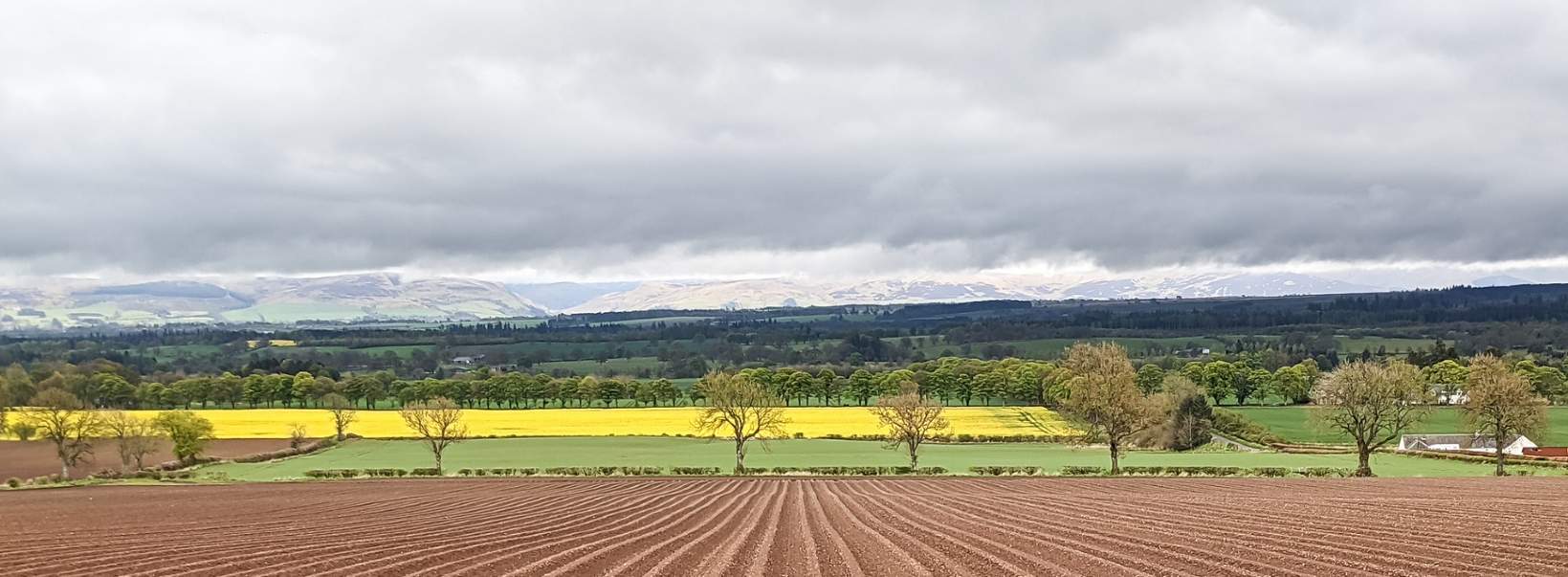The farmed landscape is changing for the positive. For years, the direction from the UK Government has been on food production and this has at times had an impact on the environment with the figures repeatedly showing species and habitat decline.
What we cannot argue with is that the environment underpins profitable and sustainable farming businesses. Without the interactions within the environment, food production is undermined; it is neither effective nor efficient. The evidence to support this can be seen within our complex soil system where soil health plays an important role in food production. Earthworms are to be treated like gold, the benefits they bring are invaluable. Additionally, many organisms that live in our soils and plague crops have natural predators which can be encouraged by the right habitat management. It is no coincidence that we need an integrated approach to food production and environmental protection, recovery and enhancement.
When it comes to food production, should it be a given that farmers produce food? I have seen food production missed off lists or omitted from conversations – it was felt unnecessary to include because, of course, ‘farmers produce food, don’t they’.
It cannot be taken for granted that farmers can and will produce food from the land. What happens is very much in the hands of the occupier. We have seen recent weather events forcing farmers to review alternative options for their land as winter crops were a complete washout and spring drilling has also not been possible for many. An increased Sustainable Farming Incentive (SFI) payment rate coupled with the weather impacts has led to an increase in applications, and land has been taken out of food production. This has prompted the government to cap the SFI, the scheme it has encouraged all to enter. This approach is not sustainable long term.
Is the system broken?
Historically, systems have looked to bring balance but have failed one of the parties. The basic payment scheme favoured food production with its direct support and gave a nod to environmental protection and recovery through cross compliance. ELM favours, as the name suggests, environmental land management – the SFI strand of ELM having a subconscious nod to food production as the actions are viewed as essential in building resilient systems by which food production will thrive. As I have heard many politicians frequently say, this is complex and complicated. Can we realistically achieve a complete balance which will satisfy all needs and, if not, what are the trade-offs? For example, a nod to food production and bias to environmental land management will increase the need for imports. Are our trade deals fair and just to not undermine British produce and our supply chains?
What policies do we currently have?
What we currently have is many ambitions and targets aiming to restore, enhance and protect the environment. These range from the Environment Act 2021 through to our net zero emissions targets and the target for 30% of land and sea to be protected by 2030. What we are lacking is the same for food production. The Prime Minister recently announced that the government will publish an annual food security index which was referred to in the national food strategy which Henry Dimbleby produced in 2022. What will this be used for? With no policy or known targets set to respond to the results of the annual food security index, what does the government want?
What is needed?
What’s required is clear leadership from our government that food production and the environment are integral and can integrate not only in policy and regulation, but also on the ground in a practical manner.
Looking at the ministerial posts with the brief of environment, food and rural affairs – we have several responsible for the environment, should we have a dedicated Minister for Food Security?

.jpg)

.jpg)

.jpg)
.jpg)
.jpg)
.jpg)

